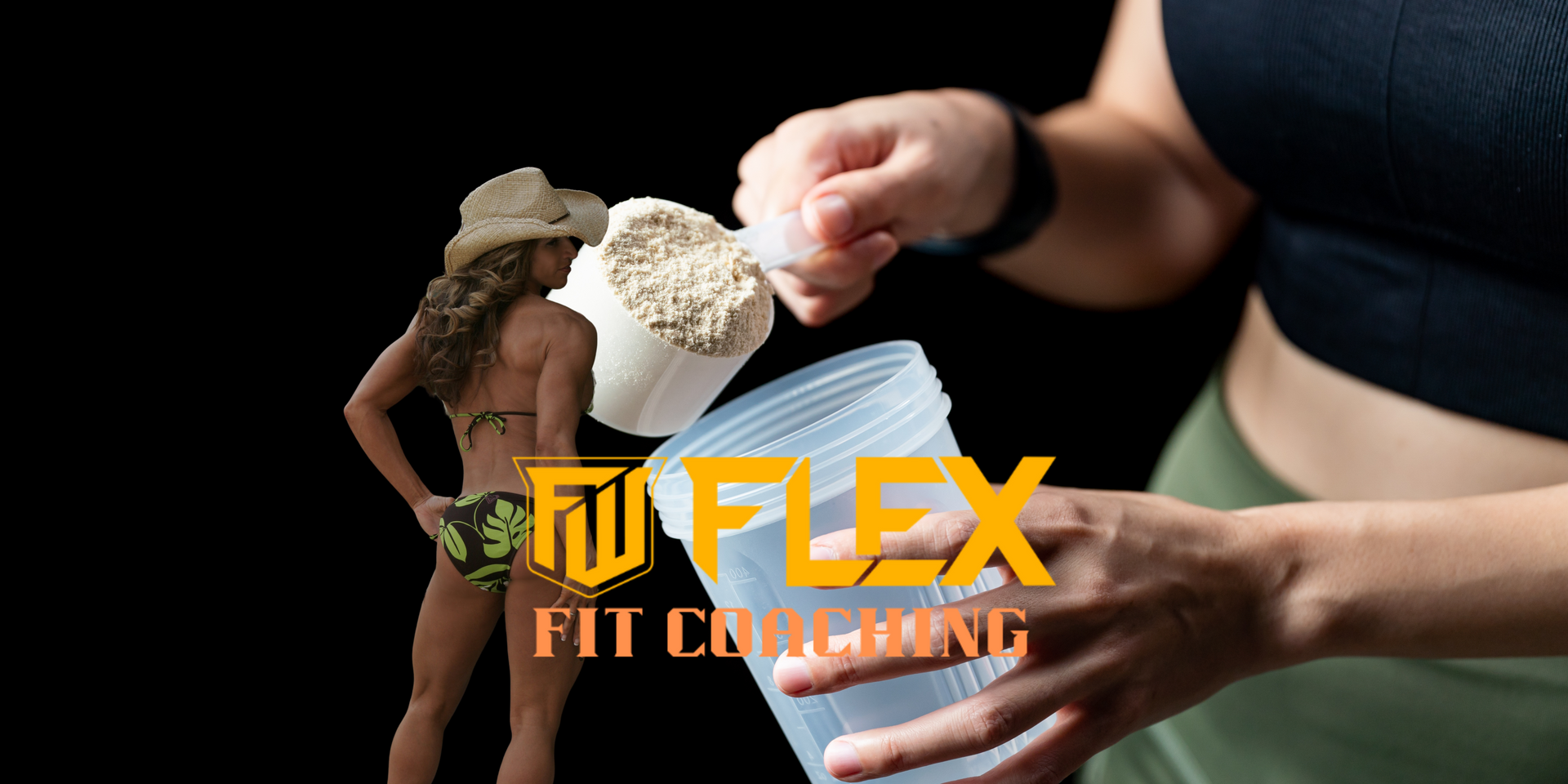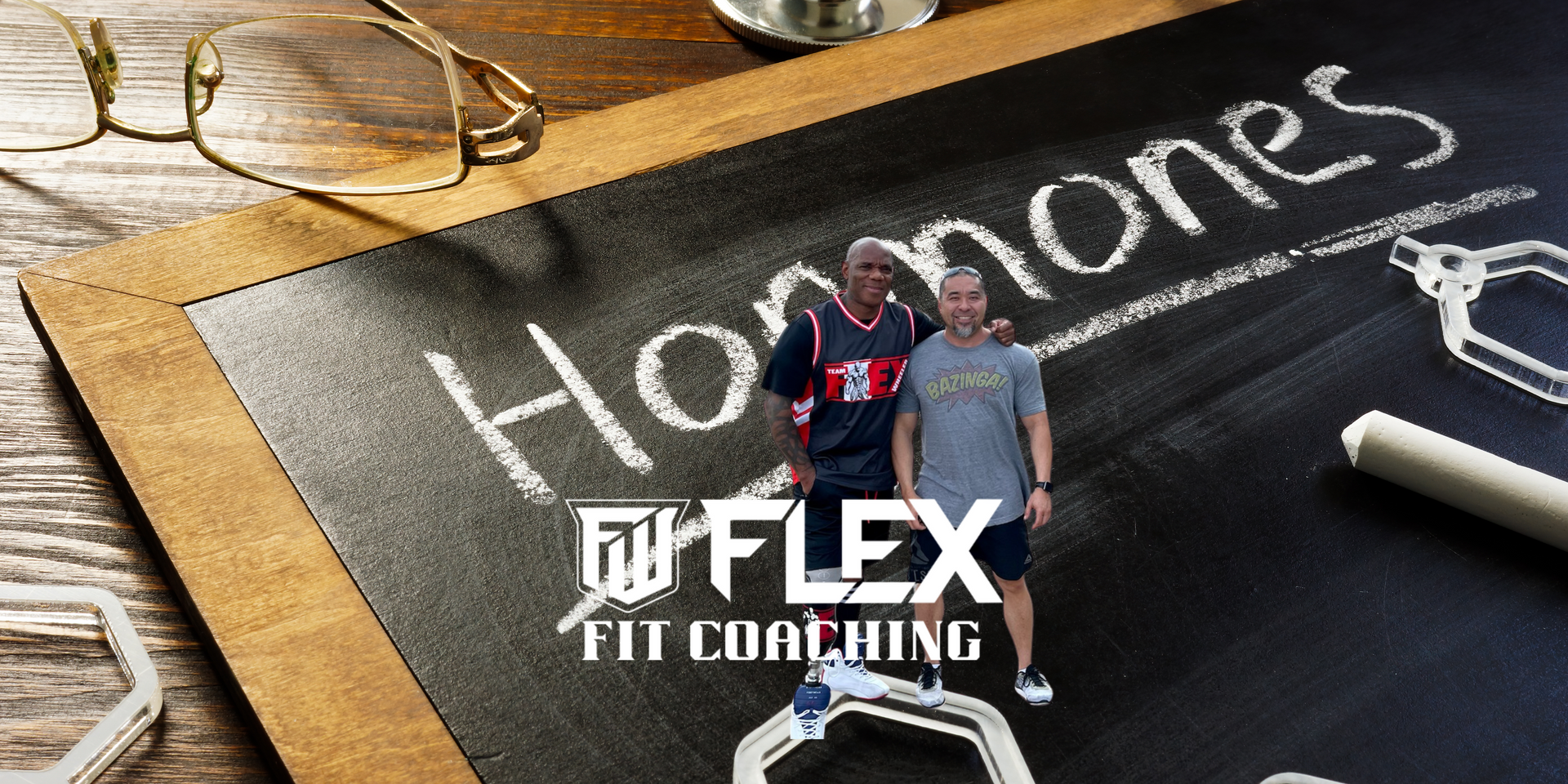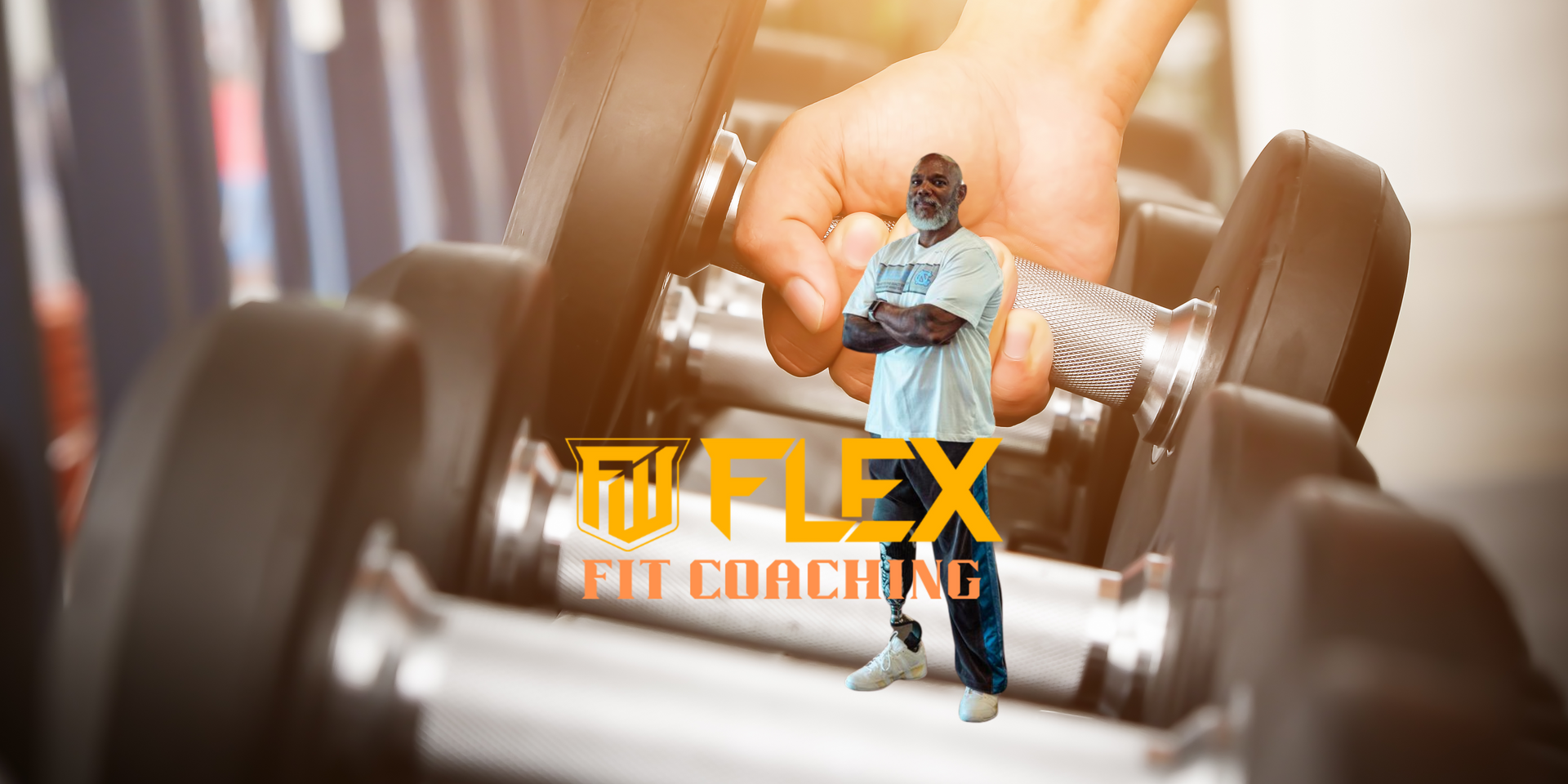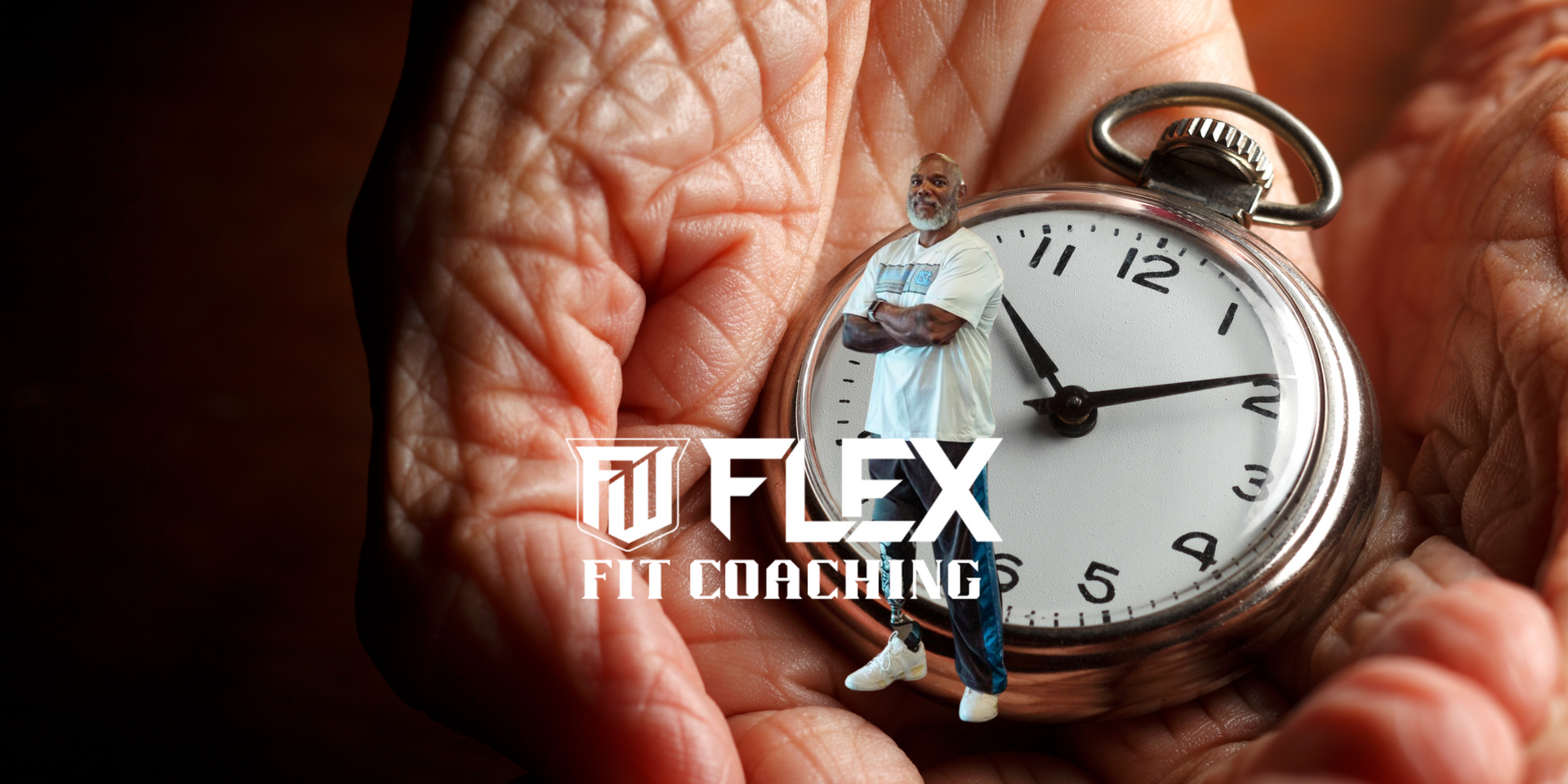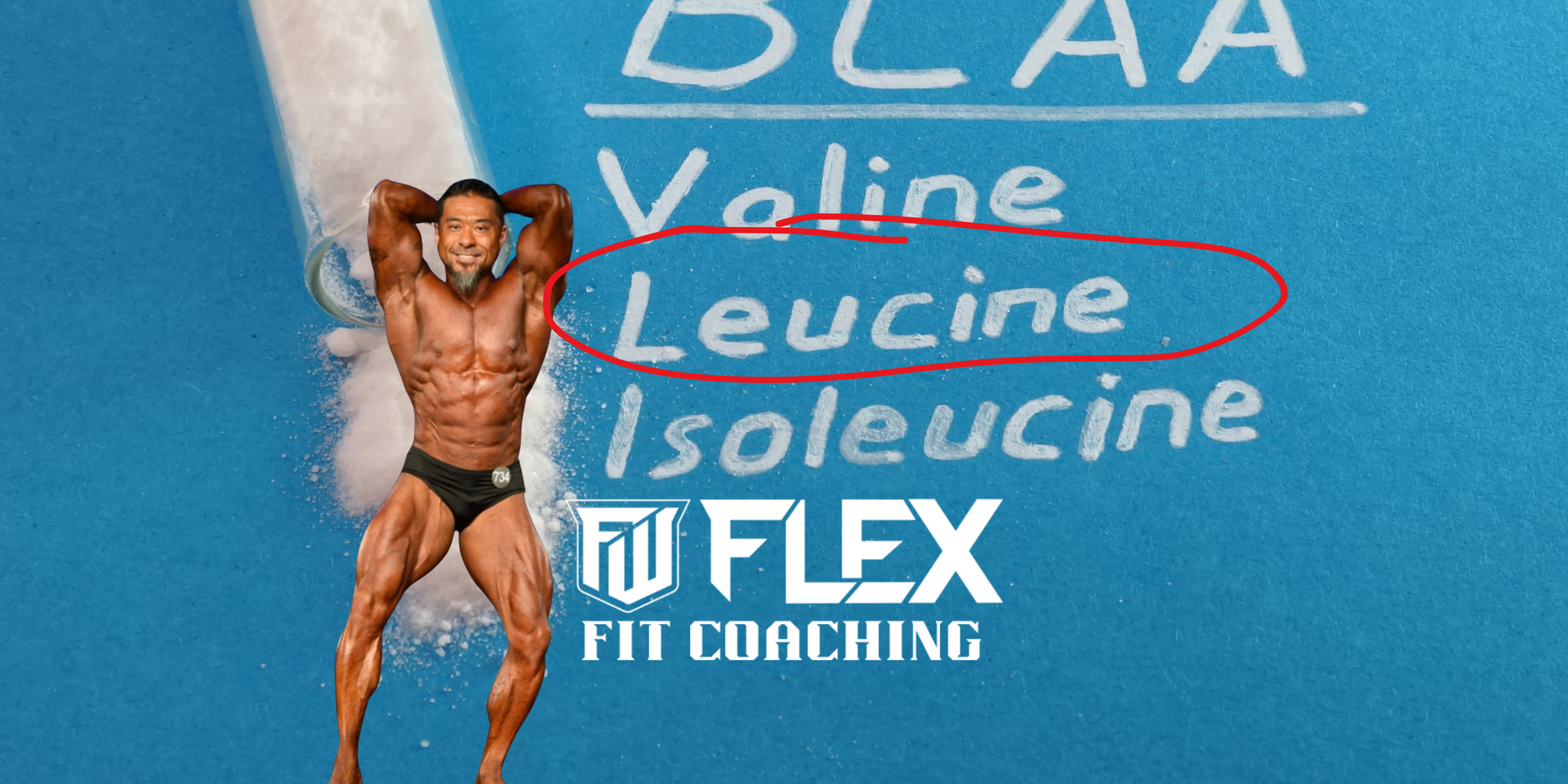The Need for Vitamin D: How Deficiency Affects Your Fitness, Physique, and Aging
"Let's talk..."

Vitamin D is essential for muscle strength, fat loss, testosterone levels, and overall vitality. Yet, millions of Americans—especially men—are deficient, which negatively impacts their fitness, physical appearance, and aging process. This article explores why deficiency is so common, how it affects your body at different stages of life, and the best ways to supplement effectively.
Why Is Vitamin D Deficiency So Common in the U.S.?
Several lifestyle and environmental factors contribute to high rates of vitamin D deficiency:
- Lack of Sun Exposure – The body naturally produces vitamin D when exposed to sunlight, but many Americans spend most of their time indoors due to work, weather, or daily habits.
- Sunscreen Use – While sunscreen is important for preventing skin cancer, it also blocks the UV rays necessary for vitamin D production.
- Poor Dietary Intake – Few foods naturally contain vitamin D, and while some products are fortified, they often don’t provide enough to meet daily needs.
- Obesity and Metabolic Issues – Since vitamin D is fat-soluble, it gets stored in fat cells, making it less available for the body to use. People with higher body fat percentages are more likely to be deficient.
How Vitamin D Deficiency Affects Your Fitness and Appearance
1. Reduced Muscle Growth and Strength
Vitamin D plays a direct role in muscle protein synthesis and strength development. Deficiency can lead to:
- Weaker muscles, making it harder to gain strength and lift heavier weights.
- Slower recovery, increasing soreness and fatigue after workouts.
- Increased risk of injuries, as weak muscles and poor coordination can lead to strains and joint issues.
2. Increased Body Fat and Difficulty Losing Weight
Low vitamin D levels can slow down metabolism and lead to:
- Higher fat storage, especially in the abdomen.
- Increased cravings, particularly for unhealthy carbs and sugars.
- Slower metabolism, making fat loss more difficult.
3. Poor Testosterone Levels (Especially in Men)
Testosterone is essential for muscle growth, fat loss, and overall vitality. Vitamin D has been linked to optimal testosterone production, and deficiency can lead to:
- Lower energy levels and motivation in the gym.
- Decreased muscle mass and strength gains.
- Higher estrogen levels, making fat loss more difficult and increasing stubborn fat in areas like the chest and belly.
How Vitamin D Deficiency Affects Men as They Age
As men age, their ability to produce vitamin D naturally declines, leading to more severe health consequences. Here’s how deficiency can accelerate aging and impact men in different ways:
1. Declining Testosterone and Energy Levels
Testosterone naturally declines with age, but vitamin D deficiency can speed up the process. This can result in:
- Loss of muscle mass and strength
- Increased fatigue and lack of motivation
- Decreased libido and sexual performance
2. Weaker Bones and Joint Pain
Aging men are at higher risk of osteoporosis and fractures due to declining bone density. Low vitamin D levels contribute to:
- Brittle bones, increasing the risk of fractures.
- Chronic joint pain, making workouts and daily activities more difficult.
3. Higher Risk of Heart Disease and Inflammation
Vitamin D plays a crucial role in heart health. Deficiency is linked to:
- Increased risk of high blood pressure
- Higher levels of inflammation, which is associated with heart disease and metabolic issues
- Poor circulation, leading to decreased endurance and overall energy levels
4. Faster Aging and Poor Skin Health
As men age, they often notice changes in their skin and hair. Vitamin D deficiency can lead to:
- Dull, dry skin, due to increased inflammation and slower cell turnover
- Increased wrinkles, since vitamin D helps maintain collagen production
- Thinning hair, as vitamin D supports healthy hair follicle function
How to Supplement Vitamin D for Fitness, Aesthetics, and Aging
How Much Vitamin D Do You Need?
- General recommendation: 600-800 IU per day
- Athletes and active individuals: 1,000-2,000 IU per day
- Men over 50: 2,000 IU or more per day
- People with a deficiency: 5,000 IU or more (under medical supervision)
Best Ways to Get Vitamin D
- Sun Exposure – Aim for 10-30 minutes of midday sun on bare skin a few times per week.
- Vitamin D3 Supplementation – This is the most effective form of vitamin D. Look for liquid, softgels, or gummies for better absorption.
- Take with Healthy Fats – Since vitamin D is fat-soluble, consuming it with a meal that includes healthy fats (like eggs, avocado, or nuts) enhances absorption.
- Eat Vitamin D-Rich Foods – Include fatty fish (salmon, tuna, mackerel), egg yolks, and fortified dairy products.
Conclusion
If you’re looking to optimize your physique, performance, and aging process, vitamin D is non-negotiable. A deficiency can lead to weaker muscles, higher body fat, lower testosterone, poor recovery, brittle bones, and even premature aging. The good news? It’s easy to fix with proper supplementation and a little sun exposure. If you suspect low levels, consider getting a blood test and adjusting your intake accordingly.
